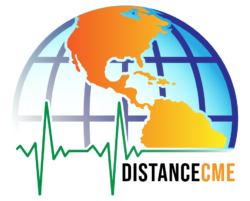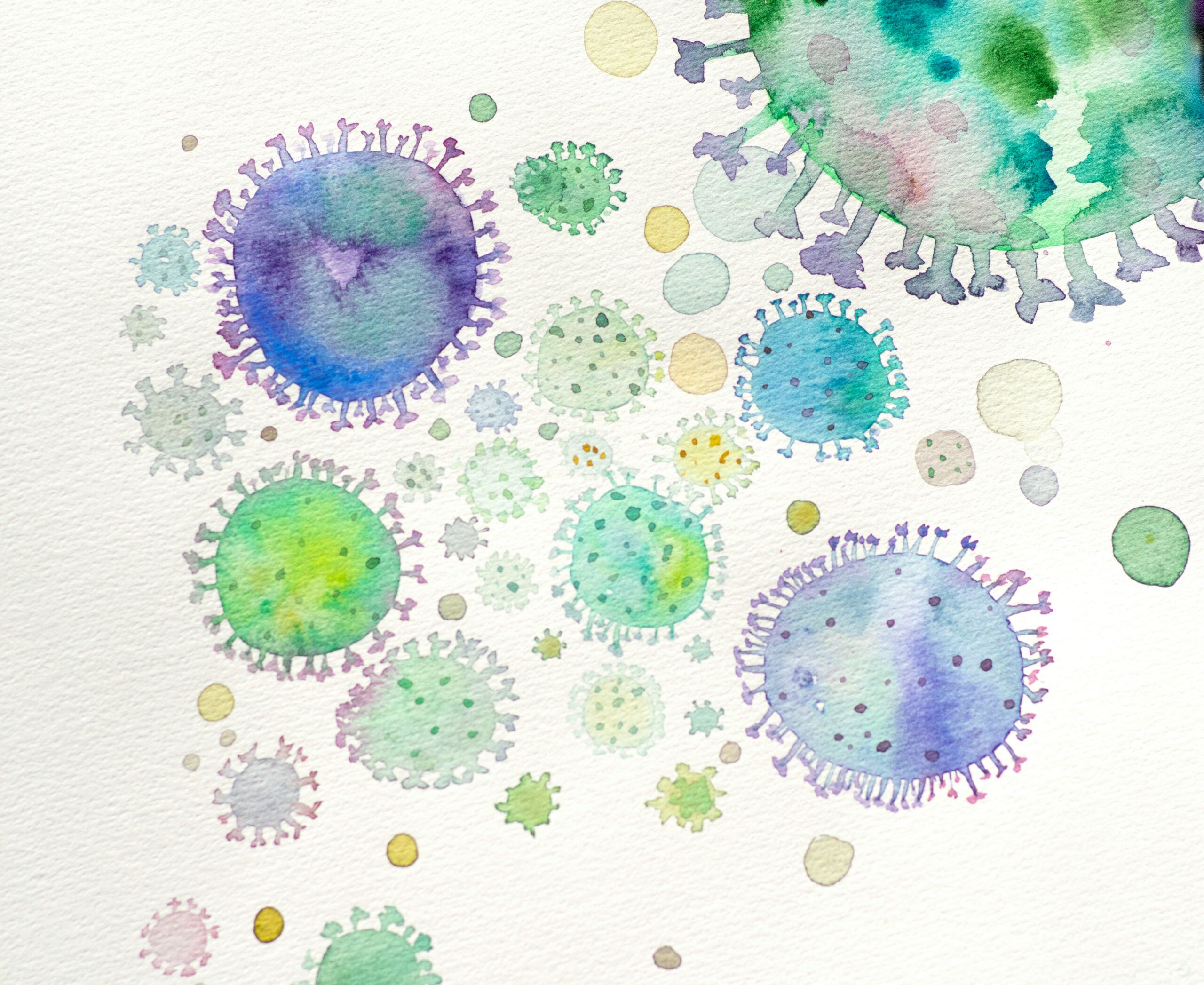When EMS professionals report to work, it’s no surprise that a lot of our patients are going to be sick. It’s nothing new for us, but this means that we are exposed to sick person after sick person, germ after germ. This can be physically overwhelming for us sometimes. We often work long hours, running off of caffeine and junk food, so our immune systems might be a little less efficient than it should be. So, all those sick patients are likely going to catch up to you eventually, and you’re going to get sick.
Right now, the flu and COVID are running rampant. It seems like everyone is coughing and sneezing, spreading germs everywhere they go. Not to mention all the other illnesses, like HIV and AIDS, hepatitis C, MRSA and VRE, the flu, and so much more. So, with countless diseases out there, how can we prevent getting sick?
The CDC states the best way to prevent getting sick, is to wash your hands. Pathogens, like bacteria, viruses, parasites, and fungi are so small that we can’t see them… how do I know if my hands, phone, radio, and other surfaces are contaminated if I can’t see them? We just need to assume it’s there. Even if your hands look clean, they’re not. Wash or sanitize them any time you’re going to have patient contact. Every time you take your gloves off. Any time you touch patient equipment. Anytime you’re going to prepare or eat food, touch your face or eyes, or use the restroom, or touch any intimate regions, wash your hands.
You can also get certain vaccines to protect yourself. I know there is still a debate as to whether vaccinations are healthy or not, but the CDC does recommend the Hepatitis B vaccines, yearly flu, COVID, TDAP, MMR, chicken pox, and several others. These vaccines not only attempt to protect you, but hopefully, you won’t spread these viruses to other people.
When responding to any medical situation, EMTs and paramedics must ensure they are properly protected. They must always wear personal protective equipment when treating all patients. In many cases, wearing patient-care gloves, safety glasses and an N-95 FFP-type mask can help prevent infection. (Collins, 2018). Sometimes we might need a little more protection, like we can get by wearing a gown, booties for our shoes, and sometimes even a hair covering.
We also play a vital role in preventing the spread of diseases to other people. After every patient, we need to be proactive in preventing cross-contamination. That means that we need to clean and sterilize, as much as possible. Wash your hands. Clean your gurney, wipe it down, and have clean sheets and blankets for every patient. Clean your stethoscope, and blood pressure cuff, inside and out of your SPO2, cardiac monitor cables. Clean the bench and airway seat, the railing on the ambulance ceiling. Clean your radio, seat belts, and door handles. If your patient must sign on your tablet, computer, or clipboard, clean that too. If your patient was coughing, sneezing, or bleeding, clean all the walls, doors, and ceiling. Clean it all. Germs are invisible to the naked eye, so the only way to make sure you’ve killed them is to sanitize all the surfaces that could contain pathogens.
We will never be able to completely prevent the possibility of getting sick, but we can significantly lessen the risk by being proactive in preventing the spread.
References:
Collins, Keith. (June 4, 2018). EMS is the first line of defense against spread of infectious diseases. EMS1. https://www.ems1.com/ems-products/personal-protective-equipment- ppe/articles/ems-is-the-first-line-of-defense-against-spread-of-infectious-diseases- 8DHLgPvLoJWotXD0/#:~:text=Protect%20yourself%20first%3A%20PPE%20for%20EMS&text=They%20must%20always%20wear%20personal,mask%20can%20help%20prevent%20infection.

